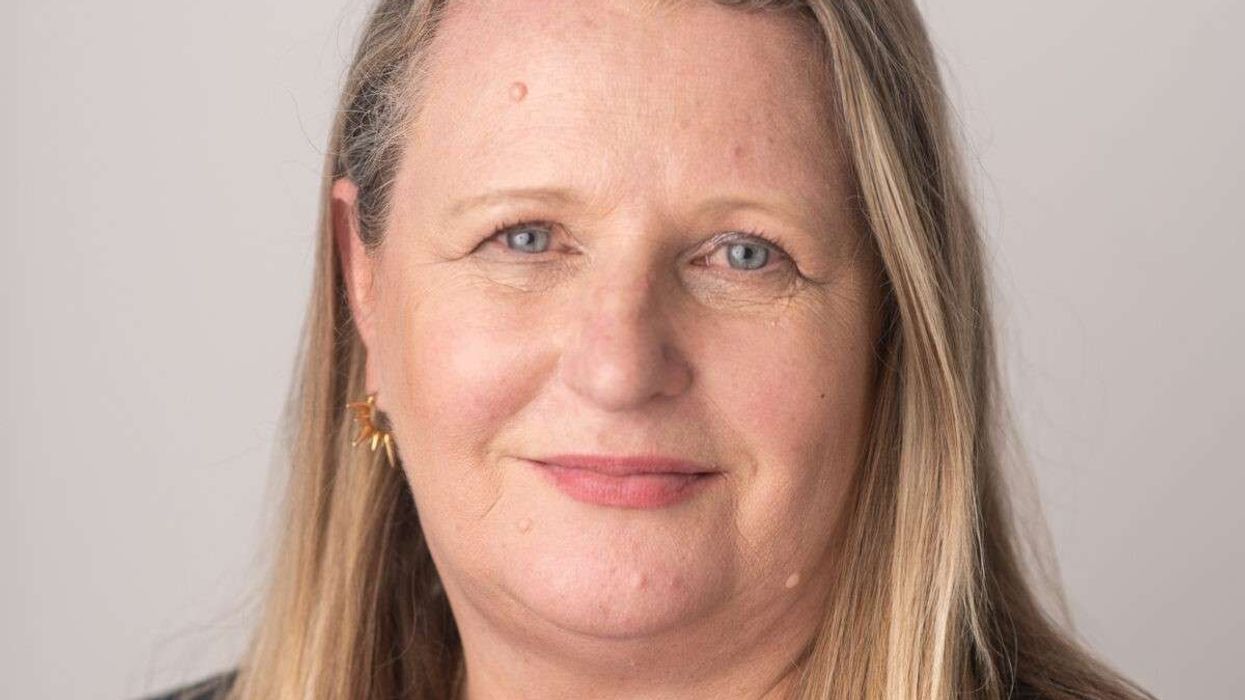Consumers face a ‘real risk’ of purchasing hand cleaners with low or inadequate concentrations of alcohol, a new study has warned.
The researchers, who looked at the effectiveness of hand sanitisers in the fight against COVID-19, added that such products “cannot ensure disinfection and are not fit for use”.
“Much more worrying is the presence of hand cleaners on the market containing low (“substandard”) and/or unknown concentrations of alcohol that are not commercialised as disinfectants,” the study, published in the International Journal of Pharmaceutics, states.
“There is a tangible risk that consumers might, and are using, hand cleaners, which product appearance is very similar to hand disinfectants, while being unaware that such products cannot ensure disinfection and are not fit for use amid the CoViD-19 pandemic.”
The study suggests pharmacists and retailers to advise customers over the selection of appropriate products to minimise the risk. The authors also call for awareness campaigns among the public and a review of current rules on hand sanitisers by the regulators.
The research, a collaboration between eight pharmacists based at universities in the UK, Italy and Jordan, analysed hand sanitisers available on the Italian market. It also proposes detailed “recipes” for the manufacture of effective hand sanitising gels.
The researchers also believe that the current demand for the hand sanitisers is likely to remain high for long.
“Public awareness on the importance of hand sanitisation during this pandemic is likely to have long term effects on hygiene habits across the world. The public is likely to endure the routine use of hand sanitisers, even beyond the CoViD-19 era, as a new norm of self-hygiene,” the article reads.
The University of Huddersfield has been the participating institution from the UK in the study.











